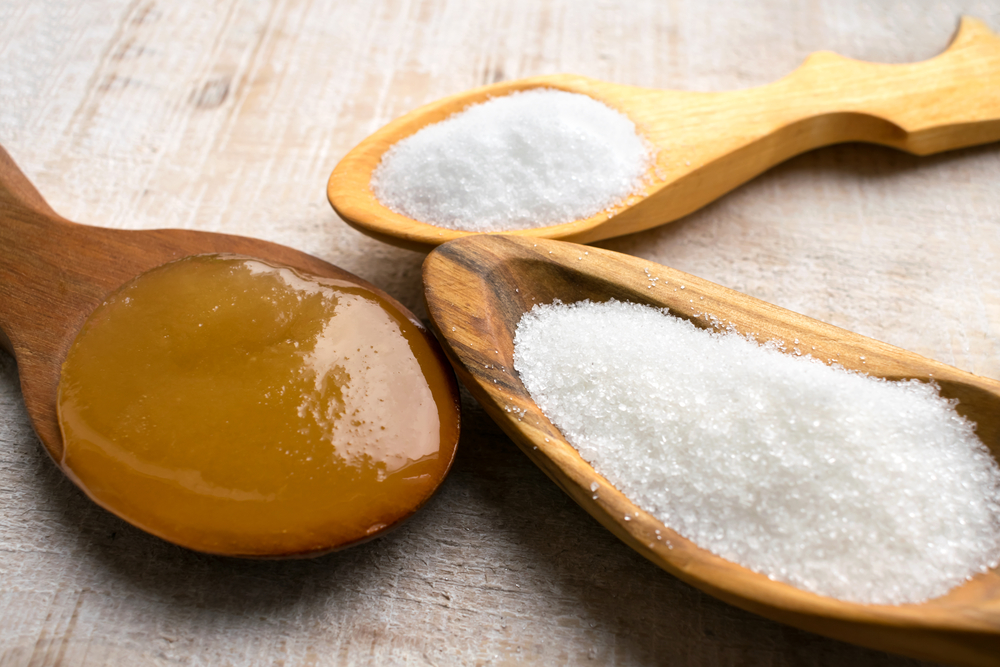Sugar – White Death? Why you should stay away from it?
- /
- Foods
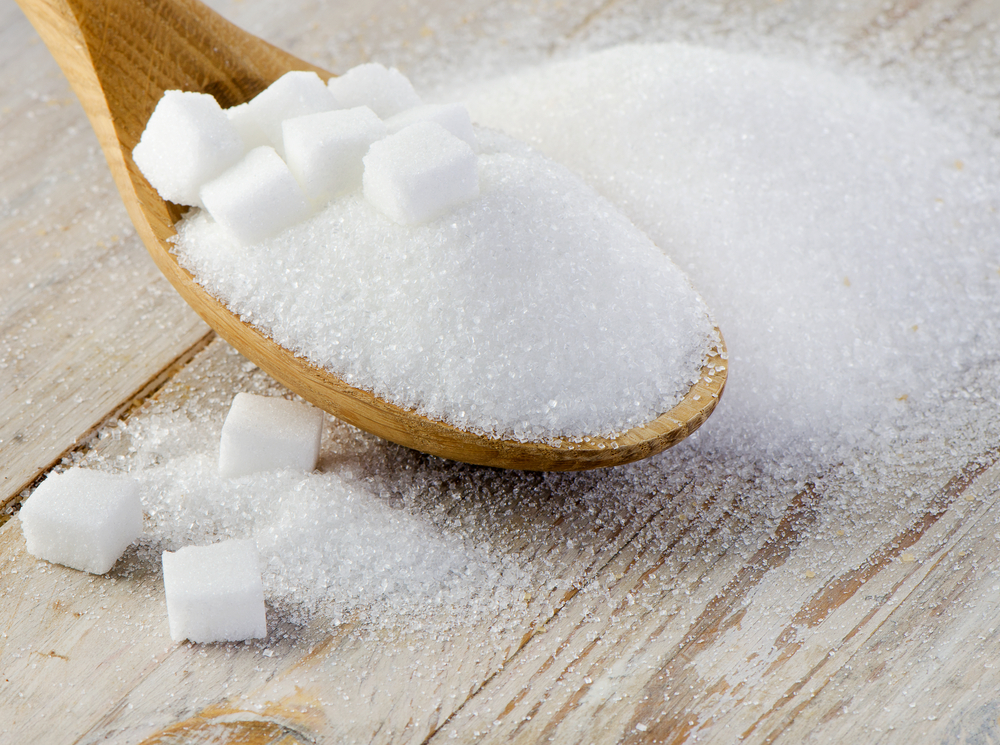
Sugar, even if commonly called white death, we adjust that it is our homes for good. We are fully aware that surplus is harmful, yet still it is hard to stay away from it. Taking into account its high content in foods like, for example – sweetened drinks, yoghurts, candy bars or cereal we should, reasonably select the least processed food products. Moreover, specialists: dieticians and doctors recommend to desist putting sugar into drinks like coffee or tea. It’s difficult to stay away from sugar every single day. Why is it so hard to let go? What are the consequences of sugar-filled diet? You will read about it all below.
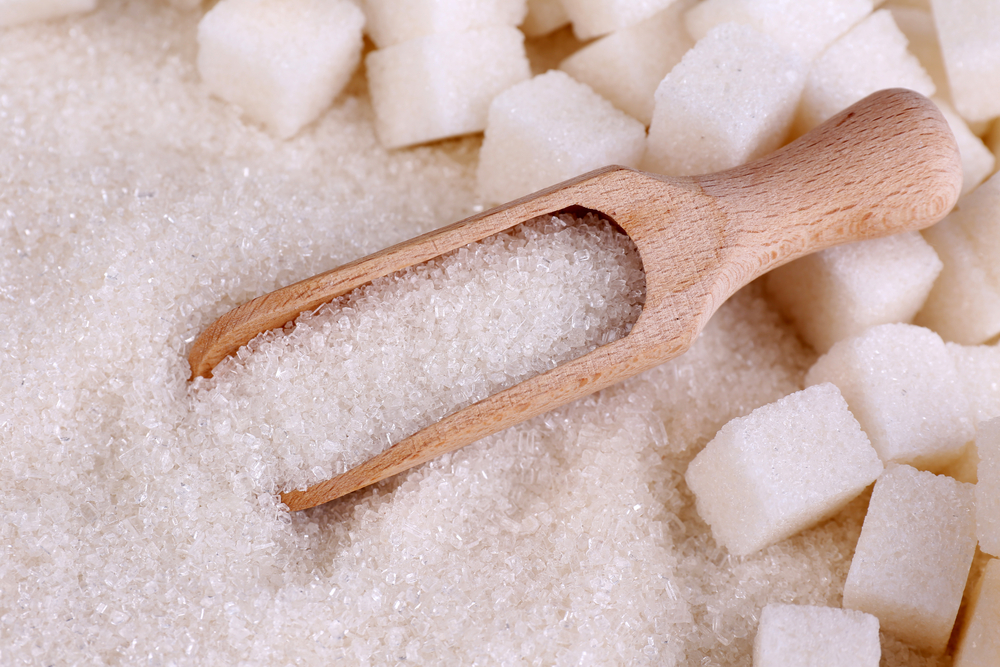
Sugar – Table of contents:
- Sugar – what is the definition?
- Short history of sugar
- Sugar is addictive
- The consequences of sugar-filled diet
- Diseases caused by excessive sugar consumption
- Why fructose from natural sources is better that glucose-fructose syrup?
- How to limit and eliminate sugar?
- Good substitutes of sugar:
Sugar – what is the definition?
It is a sweeting substance, which is a result of industrial processing of its plant sources, for example, sugar beet (temperate climate) or sugar cane (cultivated in tropical climate). Due to its refinement, we can obtain purified crystals. Yet, glucose and fructose are the components of which one molecule of sugar consists of.

Short history of sugar
It is also, to put it simply, saccharose, (latin – succarum), its primary name comes from old Indian. They called it śárkarā. Already in ancient India they use juice from sugar cane in ayurveda medicine practices e. g. in order to speed up wound healing. However, it gained its popularity soon after the discovery of the method of its crystallization in 5th century AD during the reign of the Gupta Dynasty. Quickly in the next centuries it found its permanent place in cuisine of China and Middle East.
Sugar is addictive
It is highly addictive. Many studies confirmed this fact. People addicted to sugar, when in withdrawal, feel the same kind of reaction as inveterate smoker, drug-addict or others attached to other stimulating substances. Being on sugar withdrawal, one is constantly longing for something sweet. Such people feel agitated, jactitation or fatigue – the only remedy being something sweet. The organism constantly requires the prevented substance – it creates a feeling, professionally called as “sugar hunger”.
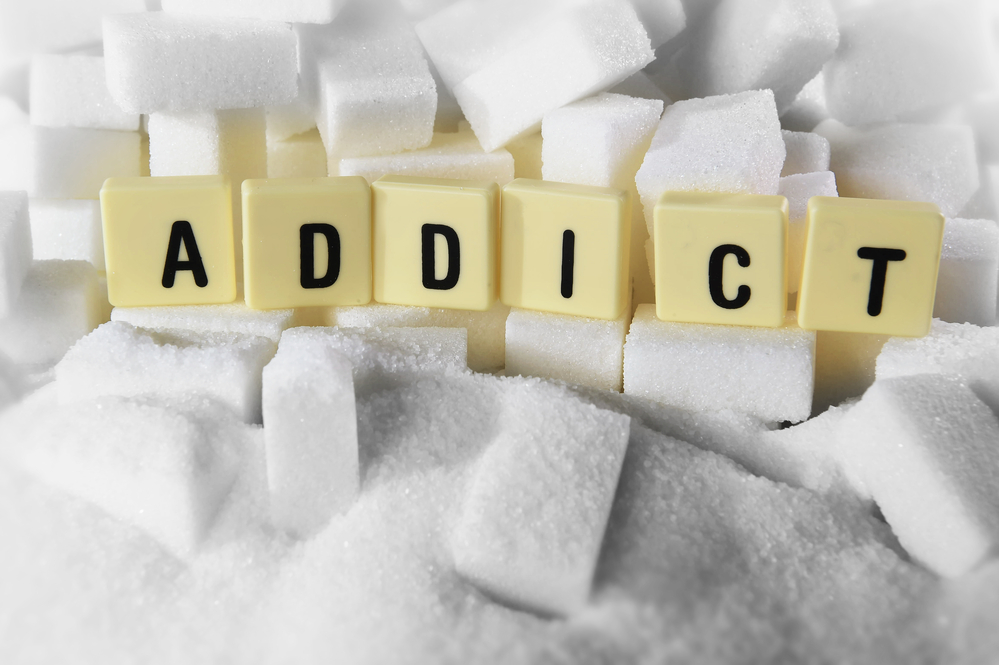
Consequences of sugar-filled diet
We know now, that abusing sugar can cause addition to this sweet substance, however not only this. It also leads to a plethora of unfavorable changes in the organism, which lead to health problems and quality of life worsening.
White sugar abuse can lead to sudden drowsiness (it depends on how your body reacts to it – you can be full of energy and ready to take on the world or you can feel sudden drowsiness and lack of energy).
Sugar excess in diet also leads to developing tooth decay and gum diseases. Moreover, our white killer can lead to multiple sight problems. Level of glucose in the blood has its effect on vision (too big or too low level of sugar – fluctuations of glycemia can cause short term vision loss.
Everything is for the people, but let’s keep a cool head. It only means to care what we eat, read ingredients table of food products and we shouldn’t go overboard with adding sugar to a morning coffee. Limiting sugar can positively influence your well-being and health, so it is worth to break the habit and abstain from sugar in your diet. Remember, you have only one health and one life, so it is better to prevent diseases than to cure them.
Diseases caused by excessive sugar consumption
Sugar excess in diet leads to overweight and obesity – and through obesity several other diseases develop such as:
- Cardiovascular disease
- Hypertension
- Breathing disorders
- Type 2 diabetes
- High lipid concentration
- Diseases of the gallbladder
- Menstrual disorders
- Degeneration of the joints
- Atherosclerosis
- Cancers.
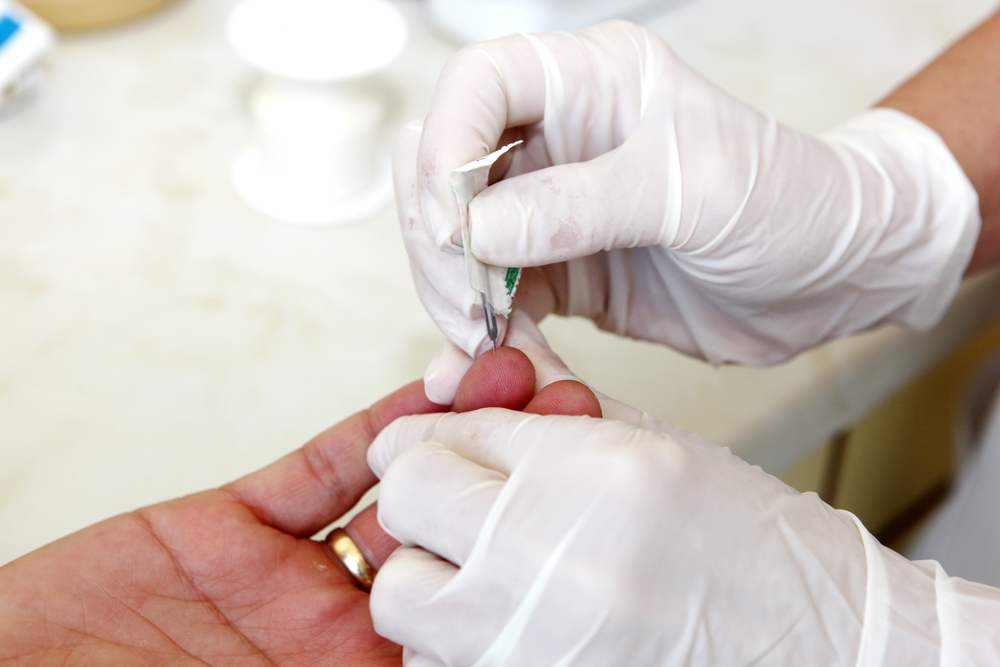
Sugar: Why fructose from natural sources is better than glucose-fructose syrup?
Because of no concentration of its amount, like in glucose-fructose syrup. In ripe fruits, as in the most abundant source of fructose, water dilutes it and the liver easily handles its digestion. Unless, you will eat one pound at one sitting – then you can have a problem with its metabolism, but it is unlikely. It is different in the case of glucose-fructose syrup, in case of its concretation. In one portion of dessert or one glass of colored drink, they can hide even a couple of sugar spoons. So enormous amounts causes undigested fructose as fat tissue. What makes it worse as a visceral fat! Very dangerous for health, because it grows over vital internal organs and in excess it can cause disfunction and subsequently be a leading cause to the development of other diseases. Additionally, it is very to hard to lose it afterwards.
How to limit and eliminate sugar?
Truthfully, it is not possible to totally eliminate sugar from a diet, because it is a naturally occurring component of plant products, fruits and many vegetables. You can try to limit consumption by excluding colorful drinks, flavored waters and abstain from additionally sweetened coffees or teas. Another way would be to choose better for health substitutes of classic sugar. It is also important to have control over buying products and thorough examination of product composition, because it is often hidden as sweetener or, mentioned before, very popular glucose-fructose syrup.

Good substitutes of sugar
Permanent resignation from sugar can seem even impossible to do for the majority of people. That is why, it is worth to replace, common, refined sugar or popular sweeteners with other more beneficial for health alternatives. These are:
Stevia – substitute of sugar
It is the number one substitute, because it doesn’t contain calories. It is 300 times more sweet than classic sugar, yet it also carries slightly bitter hint in its taste. Stevia is produced from Stevia rebaudiana plant, more precisely, from its leaves. Even a small amount satisfied the organisms’ need for it, lowering appetite. It is also beneficial for diabetics, because it can increase tolerance for glucose and stabilizes the level of sugar in blood. It is also worth mentioning, that stevia leaves are also full of potassium, zinc, iron, calcium, phosphor, magnesium and sodium – important microelements and vitamin C, B2 and folic acid.
However, you should choose 100% pure stevia without addition of dextrose (white sugar derivative) or erythritol (sugar alcohol acquired through fermentation). These are pointless doings of big companies, which daily take part in mass production of sweeteners and goods containing them, aiming to sell this addictive substances.

Xylitol – substitute of sugar
Seldomly also called ”birch sugar” is acquired from birch bark and contains low calorie value. That is why it is recommended for diabetics and people on weight-loss oriented diets.
Insulin
It is acquired from chicory bulbs, the plant known for its natural sweet taste and is often used in cooking. Another sources of inulin are Jerusalem artichoke, artichokes, Oman root, dandelion, burdock root, asparagus, garlic, black salsify, leek or bananas. Inulin has really low calorie content, it is recommended for diabetics, obese people and it is even associated with stimulating weight loss. Additionally, it is not digested, until it reaches the bowel where it undergoes fermentation, which stimulates bowel movements. Also, this substance prevents bloating and constipation, acidifies bowels, protecting to some extent from developing polyps, ulcers, cancer and inflammation.
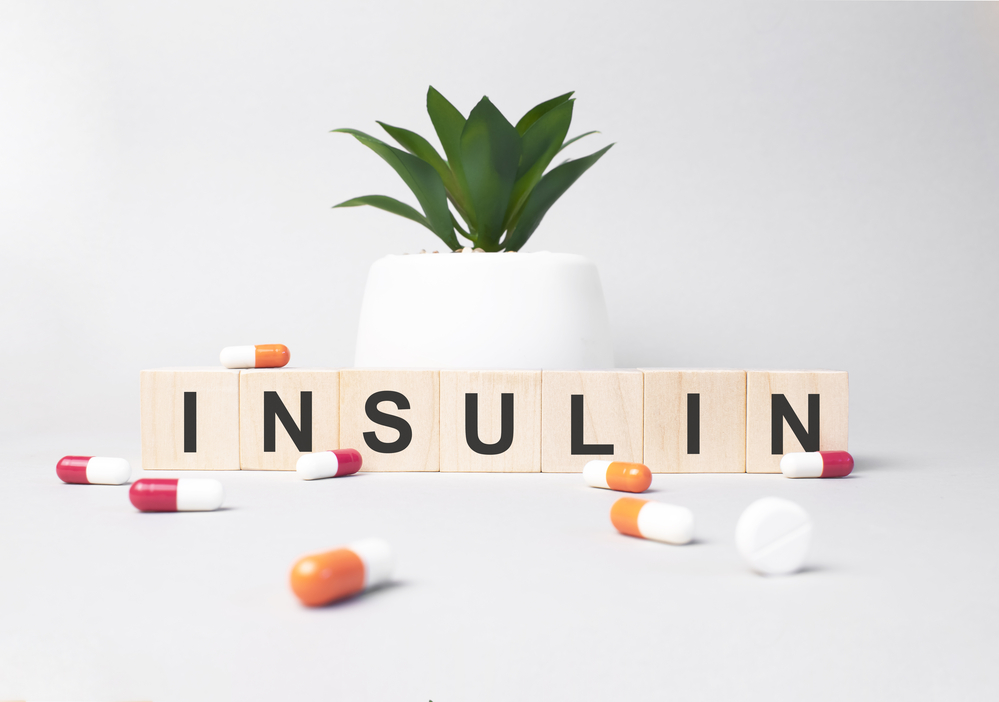
Maple syrup
It is a good option. Because apart from sweet taste, juice from maple tree exhibits anti-inflammatory, anti-bacterial and anti-oxidative properties. It contains valuable chemical substances, among others calcium, zinc, manganese, iron, potassium and B vitamins. It is recommended for people suffering from irritable bowel syndrome, because it is well digested and due to its low fructose and glucose content, yet its main component is saccharose. Other benefits of maple syrups is his anti-diabetic effect, due to the presence of polyphenols and abscisic acid, which stimulates production of insulin by the pancreas. It is perfect as sweet addition to meals, yet in reasonable amount, because it has high glycemic index.
Honey
Even though it is also sweet and full of calories, it also poses a good alternative and it can help in the first phase of eliminating whit sugar. Additionally, natural, real honey “straight from the bee hive”, in production of which bees were the main culprits it is valued for its pro-health and healing properties. It is a good remedy for common colds, it alleviates pain from sore throat and helps to fight hoarse voice. Another benefits are anti-bacterial, anti-viral and anti-oxidative and even wound-healing properties, which are exerted from the ancient times.

Coconut sugar
Its taste is described as a bit caramel, similar to brown sugar and very aromatic. It is acquired from flowers, more precisely buds of coconut palm. Benefits coming from this alternative is low glycemic index and composition, which comprises minerals, vitamins and amino acids.
Full brown sugar
Not refined that is, acquired through press process and filtration. Thanks to that, the molasses content does not lose its natural nutritional values, vitamins: C, B, A, niacin, pantothenic acid, choline, folic acid, minerals like: magnesium, calcium, selenium, phosphorus, manganese, iron and copper. Its greatest benefit is slow absorption of sugar to the bloodstream.
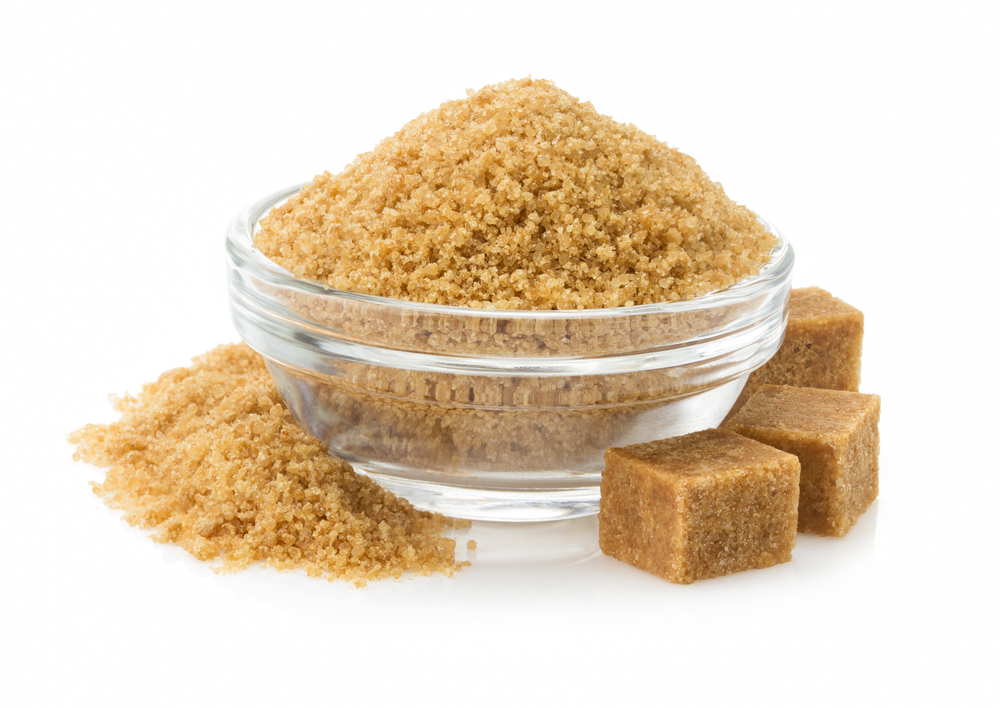
Molasses
Side product acquired in process of sugar beet, cane or locust bean gum refinement. It has a consistency of thick dark syrup and it can be used in cooking for baking sweet cakes or cookies e.g. gingerbreads. However, according to some dieticians it is not recommended for direct consumption of as a drink sweetener, exactly because of the process of sugar refinement (which can be contaminated with pesticides) and high fructose content. However, if you are not a diabetic you can implement molasses – the so called black gold to your daily diet.
What substitutes of sugar should we avoid?
These are the substances, which were used globally used in industrial processing and production of food products. However, after the wave of studies suggesting their harmful properties and negative effects e.g. cancerous, proved by many studies, they slowly disappears from shopping shelves. Unfortunately, they can be still present in foods. You should always check the composition of food products and stay away from these substances:
- Aspartame
- Acesulfame K
- Saccharine
- Cyclamate
- Sucralose.
